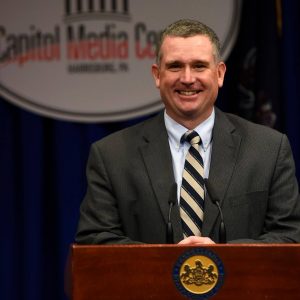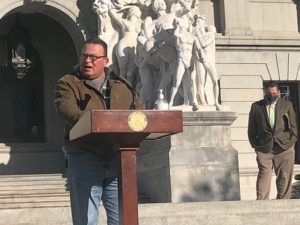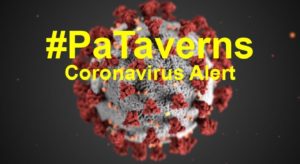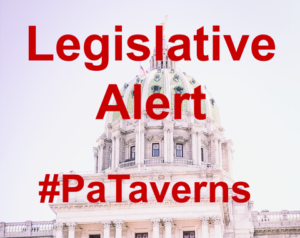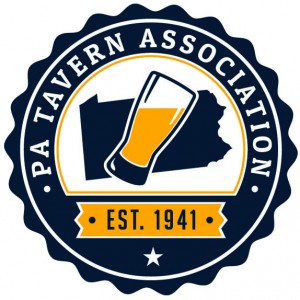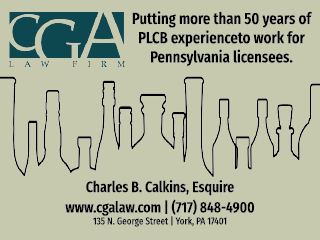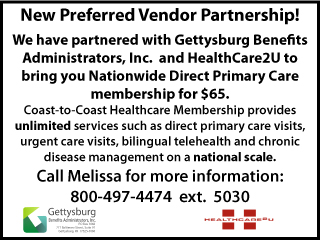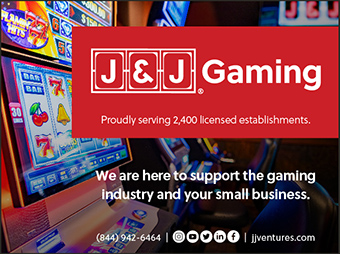The Pennsylvania Licensed Beverage and Tavern Association today delivered a formal letter to Governor Tom Wolf, indicating our state’s taverns and licensed restaurants are now at a competitive disadvantage as neighboring states ease industry COVID-19 restrictions.
Below is a copy of the letter.
March 10, 2021
The Honorable Thomas Wolf, Governor of Pennsylvania
Commonwealth of Pennsylvania
508 Main Capitol Building
Harrisburg, PA 17120
Dear Governor Wolf,
Today, I had a conversation with a tavern owner who owns two establishments. One is in Waverly, NY, while the other is in Sayre, PA. The owner explained that her two locations are about one mile apart (1.3 miles or a two-minute drive according to MapQuest). Essentially, they’re in the same town and have the same patrons. Her establishment in New York will soon be at 75% indoor occupancy, while her Pennsylvania location will be left behind at 25%.
I’m sure there are similar stories in Southwestern Pennsylvania now that West Virginia has indicated they will allow 100% indoor occupancy. In addition, Maryland, New Jersey and Ohio have recently eased their restrictions.
As our neighboring states relax different types of industry restrictions, it puts Pennsylvania’s small business taverns and licensed restaurants at a competitive disadvantage, particularly those near the state line.
The Pennsylvania Licensed Beverage and Tavern Association has appreciated your efforts to find $145 million to create grants that will help the industry we represent. But what we hear the most from our Members is how they really just want to earn their living.
To help these mom-and-pop businesses compete with establishments in nearby out-of-state communities, we urge you to please ease off some restrictions soon.
We ask you to move last call to a later time, allow bar top seating, remove food requirements, and increase occupancy limits, in licensees’ establishments where safety protocols are followed.
It’s been a long year for this industry as it found itself at the tip of the spear in the fight against COVID. Now, with the vaccine distribution progressing and COVID data improving, we are at a better place. With the one-year anniversary quickly approaching when you first ordered dine-in service closed, it would be nice to safely take a step or two towards normalcy by easing some industry restrictions.
Sincerely,
Chuck Moran
Executive Director




